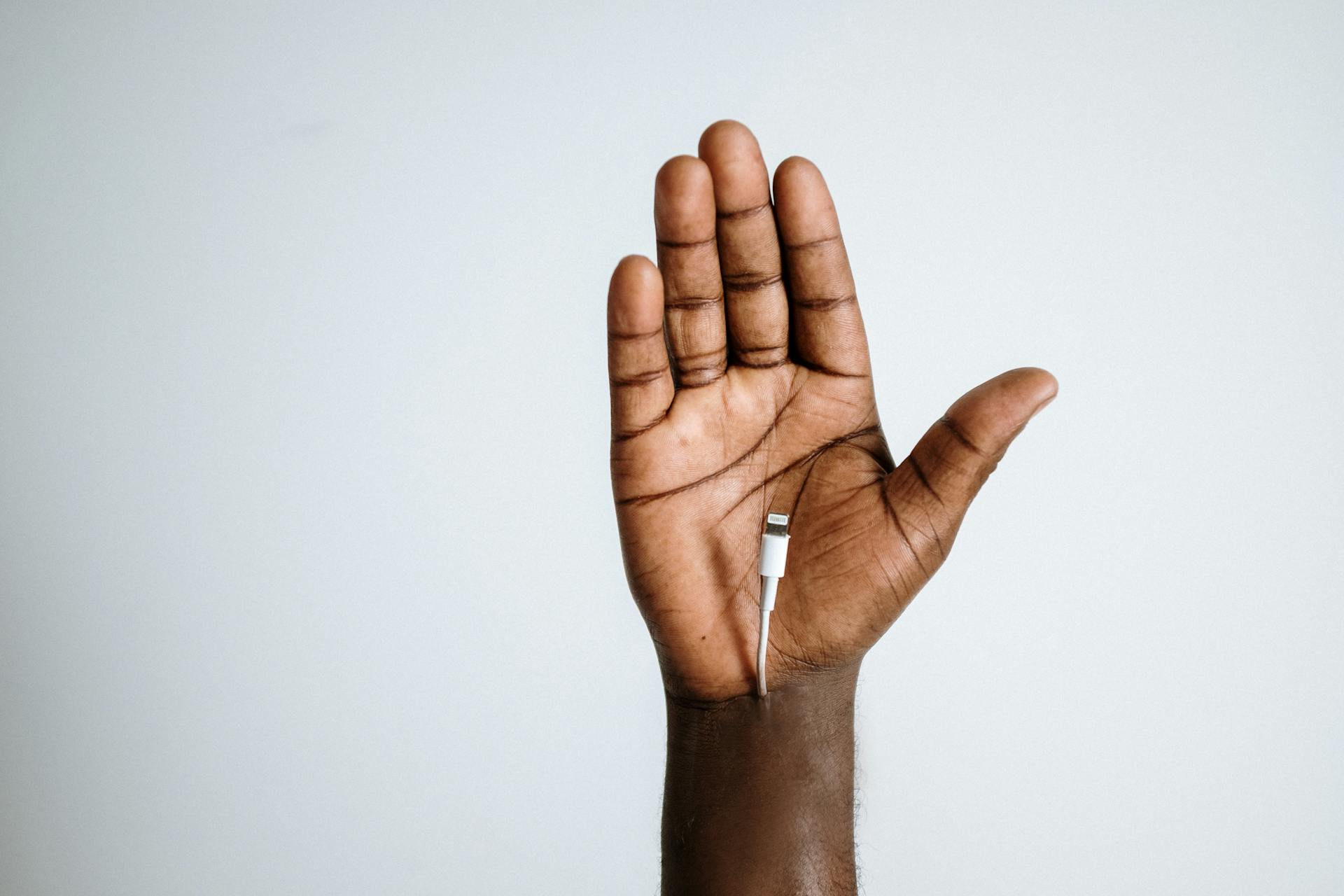As the cheerleading sport grows in popularity, so do the intense competitive dynamics, which if not practiced properly, can lead to extreme injury, particularly concussions.

Lets start with the basics:
What exactly is brain health and why should it be a top priority in everyone’s lives?
In simple terms, our brain health underlies our ability to communicate, make decisions, connect with others, problem-solve, and live a productive and happy life … and so much more. A brain injury left untreated can be detrimental to a child’s education and proper development.
Cheerleading Injury Awareness
The American Academy of Pediatrics conducted a 27-year study on cheerleading, concluding the sport was responsible for 65% of catastrophic injuries to female high school athletes. The number increases if you consider college injuries.
- There was an average of at least one death per year of cheerleaders from 1991 to 2015.
- A fall from a cheer stunt has been reported to have a greater impact than being tackled by a professional football player.
- Though these statistics are known, cheerleading still has yet to be recognized as a sport by the AMA (American Medical Association).
This recognition would not only increase funding for the programs, providing money to purchase better safety equipment, but it would also set requirements assuring schools will provide the same level of safety training to coaches as the other recognized sports.
But we can’t wait until then to protect our cheerleaders.
We can and should start now.
The Role of Flyers and Bases in Cheerleading Stunts
Flyers
Flying is one of the more sought-after positions in competitive cheer because of the thrill that comes from flying through the air. They rely on bases to support and catch them to prevent injury.
Bases
Bases are the athletes who support the flyers by lifting and catching them. They must have strong technique and be properly trained to reduce concussion risk.
So what can we do to protect our cheerleaders?
The Importance of Education and Awareness in Preventing Cheerleading Concussions

Cheerleading Culture
Cheerleaders and coaches should work together to promote a culture of safety and concussion prevention, educating teammates and parents and reporting signs or symptoms of concussions.

Proper Equipment
Cheerleaders should wear appropriate safety gear, such as helmets and headbands, and be trained in correct techniques to reduce concussion risk.

Know the signs and symptoms- and take your children's injury seriously:
You can dramatically decrease the chances PCS (post concussion syndrome) by catching a concussion early and properly follow the recommended protocol from your physician.
What is a Concussion?
Definition
A concussion is a type of traumatic brain injury caused by a bump, blow, or jolt to the head or body that can cause the brain to move rapidly back and forth.
Common Causes in Cheerleading
Concussions in cheerleading are most often caused by falls, collisions, or being hit by a solid object, such as a pom-pom.
Recognizing and Managing Concussions
Signs and Symptoms
Steps to Take

- Technique and Training for Flyers
2. Techniques for Bases to Reduce Concussion Risk
Bases should be trained in proper techniques for lifting and catching and should work together with flyers to improve safety.
Why is it important to monitor you child when they are involved in contact sports?
There are many different signs and symptoms that can signal to a brain injury. Many of which can be easily mistaken for something else. This is why it is important to monitor your children if they are involved in a high contact sport.
What could an undiagnosed brain Injury look like for a child in school:
- Sudden disinterest in activities they once enjoyed
- Personality changes
- Drastic drop in grades
- Overall disinterest in scholastics
- Inability to focus in class
- Headaches
- School related anxiety or depression
- Fatigue
- Light or noise sensitivity in the classroom
- Dropping grades
- Disinterest in after school activities and or important relationships
- Irritability
Long Term Effects of Concussion or TBI. The Hope Center Approach!
State of art technology/ Hopebraincenter.com
Functional Medicine and Functional Neurological Diagnostics
If you been everywhere without results, Hope center may be your answer.
Dr Joseph Schneider Chiropractor/ functional neurologist 35 year’s experience.
Resources for Further Information on Concussion Prevention in Cheerleading
American Association of Cheerleading Coaches and Administrators
National Cheer Safety Foundation
The CDC – Heads Up Concussion in Youth Sports
CALL THE HOPE BRAIN CENTER 610-544-9800 or Hopebraincenter.com to schedule a Consult!





